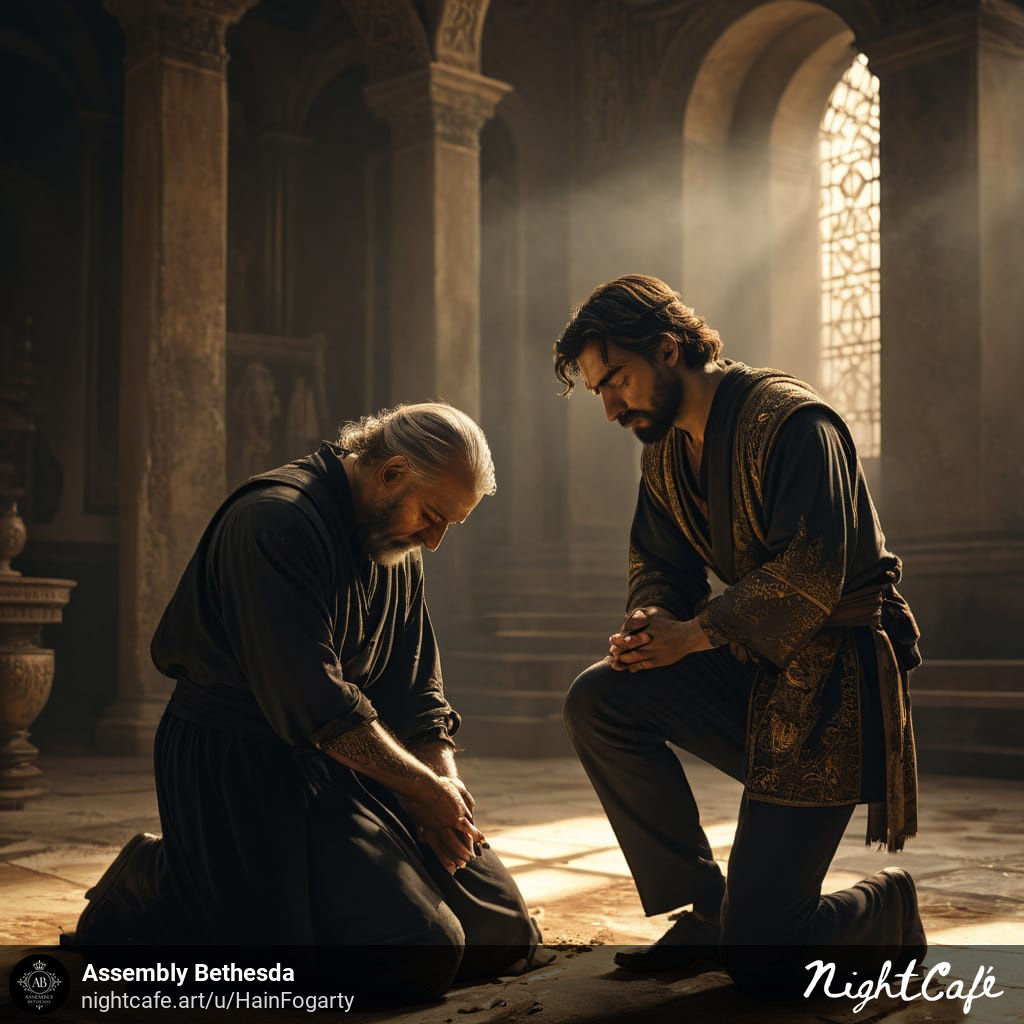As recorded in Matthew chapter seven, verses three through five, the Sermon on the Mount is one of the most memorable and frequently quoted teachings of Jesus. In order to illustrate the human tendency toward hypocrisy, Jesus asks a piercing question using vivid, almost comical imagery: Why do you notice the speck of sawdust in your brother’s eye but fail to see the plank in your own?
The picture is deliberately absurd, a person with an enormous wood beam protruding from their face attempting delicate surgery on someone else’s tiny irritation. Through this exaggerated contrast, Jesus delivers a timeless rebuke against judgmental attitudes and a clear call to honest self-reflection.
We are attracted to the speck as a symbol of minor faults, small sins, irritating habits, or shortcomings in another person that pique our interest and prompt us to criticize them. In contrast, the plank represents a major fault, a glaring sin, a destructive pattern, or a blind spot in one’s own life that we conveniently ignore while focusing on others instead.
As Jesus is not teaching that all judgment is wrong or that we should never assist those who are suffering from sin, he is rather highlighting the hypocrisy involved in condemning others for issues we ourselves practice on a much larger scale. A person with a plank problem will rush to correct a small lie in another while living in habitual dishonesty. A person scolds another for gossip, but spends hours dissecting the lives of others carries the same beam.
The Greek word for hypocrisy originally refers to an actor who wears a mask on stage. Jesus labels this behavior as hypocrisy. In the same way, the hypocrite pretends to have clear vision and moral superiority while actually being blinded by their own massive failures. The journey to spiritual sight begins with ruthless self-examination and not with scrutiny of others.
After removing the plank, only after repenting of our own glaring sins, can we gain the clarity, humility, and credibility required to gently assist someone else with their speck.
This teaching strikes at the heart of human pride. It is much easier to spot flaws in others than to acknowledge our own. This tendency is amplified by social media, which has transformed millions into instant critics who publicly shame strangers for minor infractions while simultaneously remaining oblivious to their own shortcomings. It is not uncommon for church members to detect specks in their fellow believers while ignoring planks of bitterness, greed, pride, or uncontrolled anger in their own lives. According to Jesus, such an approach renders us ineffective and actually obstructs our efforts to help.
The order Jesus gives is crucial: first remove the plank from your own eye, then you will be able to see clearly to remove the speck from your brother’s eye. The sequence of repentance and self-correction must precede intervention. If we follow this sequence, our efforts to assist others will shift from condemnation to compassion, from superiority to common humanity. By confronting their own planks, a person approaches others with gentleness, knowing that they are also in need of ongoing grace.
The biblical antidote to self-righteousness is Matthew 7:3-5. In this passage, Jesus reminds his followers that spiritual maturity begins with looking inward, not outward. The path to helping others is paved with personal repentance. We cannot help others until we allow the Holy Spirit to remove our planks. Our words carry the hollow ring of hypocrisy until we allow the Holy Spirit to remove our planks. We discover that the same grace that extracted our beam is more than sufficient to remove the specks we once loved to magnify in others.

